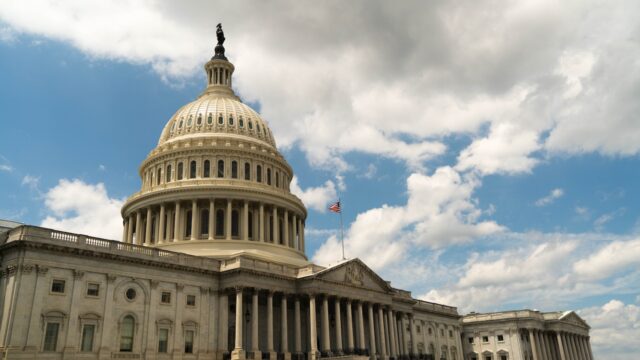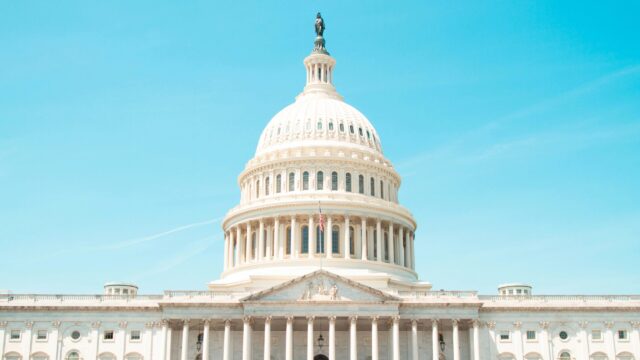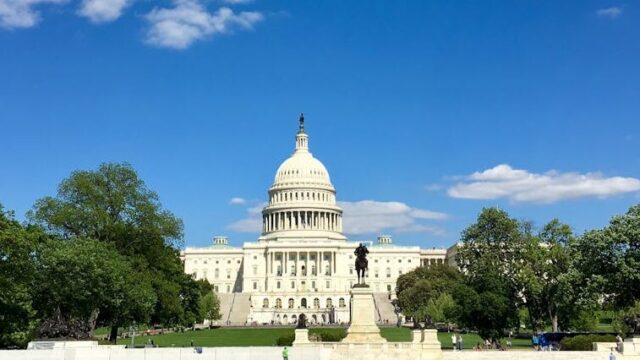BCHC urges Congress to increase funding for CDC’s National Asthma Control Program in FY25
April 2024

BCHC signed onto a letter asking Congress to support funding to the Center for Disease Control and Prevention’s (CDC) National Asthma Control Program in FY 2025. The letter specifically asks that Congress support a $6.5 million increase in funding for the program, bringing its funding to $40 million for FY25.
Currently, 23 states, Houston, TX, and Puerto Rico receive critical funding from CDC’s National Asthma Control Program (NACP) to support state and local efforts to reduce the burden of asthma. Our request for $40 million in funding for the NACP will ensure the program can fund additional states and enable CDC to work with states and communities most impacted by asthma in order to saves lives, reduce health care spending, and improve productivity. This increase in funding would also allow CDC to expand the Asthma Call-Back Survey to more states, thereby facilitating the comprehensive nationwide collection of critical asthma surveillance data necessary for effective policy planning and implementation.
While asthma impacts people of all ages across our nation, racial and ethnic disparities in the burden of asthma persist. Asthma rates are highest among Black and Indigenous (American Indian/Alaska Native) adults in the U.S. According to 2018 to 2020 data from CDC, Black individuals in the U.S. (10.8%) were 30% more likely than white individuals in the U.S. (7.6%) to have asthma. Black individuals are three times more likely to die from asthma than white individuals. Black individuals with asthma are also five times more likely to be treated for asthma in hospital emergency departments, which signals their asthma is not well-controlled.
The NACP also works with communities that are affected by wildfire smoke and excessive heat. As the number and severity of wildfires increases in the U.S., it is important for people living with asthma in affected states to ensure they take measures to protect themselves at home, work and school from wildfire smoke. In recent years, the U.S. has also experienced an increase in the frequency, duration and intensity of heatwaves. Recognizing that extreme heat seriously exacerbates asthma symptoms especially among children, in April, the CDC will launch a new tool and introduce new clinical guidance aimed at protecting the most vulnerable. This will further allow the NACP to help states and localities ensure that people with asthma and their caregivers have the tools necessary to reduce exposure to wildfire smoke and extreme heat in addition to sharing tools to keep their asthma under control.
We know that when it comes to asthma management, an investment made today will save money tomorrow.
Read the letter
Download now Read the letter

